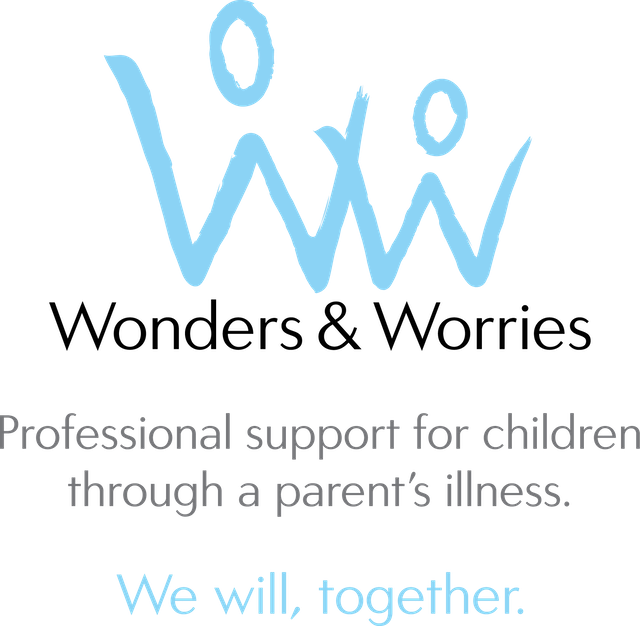
Self-Awareness
To know thyself is the beginning of wisdom…
Socrates
Self-awareness continues to evolve throughout a lifetime as each experience shapes us in some way. This can be unsettling and comforting at the same time. It may be unsettling to think about how we never remain the exact same person. It can be comforting, as there may be points in life where deeper reflection and change is necessary to show up in the way we desire.
To encourage learning more about your personality and how that may translate within your parenting role and/or other relationships, we have introduced a few tools below. These may be especially helpful when you or your spouse are managing an illness to inform you about how stress may impact you, what your needs may be, and how to communicate those needs in a healthy way.
*Of note, these tools are meant for adult reflection and not for use to learn more about a child. Children have so much brain growth through early adulthood that labeling or trying to define their personality type wouldn’t be possible.
Myers-Briggs:
Myers-Briggs: The MBTI personality assessment allows an individual to identify preferences in four areas of personality, including:
- How you direct and receive energy (focus and interaction=outside world vs inner world)
- How you take in information (via senses or big picture and patterns)
- How you decide and come to conclusions (analyzing the circumstances or considering the people involved)
- How do you approach the world (orderly vs spontaneous)
When answering a series of questions, you are given a 4-letter personality profile providing clues about the above questions. Letters represent:
- I (Introversion) or E (Extroversion)
- S (Sensing) or N (Intuition)
- T (Thinking) or F (Feeling)
- J (Judging) or P (Perceiving)

Enneagram:
Enneagram: There are a set of nine distinct personality types with a number representing each type. Every person has a little of every number within, but one will stand out as being the best picture of their personality.
- 1—Reformer
- 2—Helper
- 3—Achiever
- 4—Individualist
- 5—Investigator
- 6—Loyalist
- 7—Enthusiast
- 8—Challenger
- 9—Peacemaker

Process Communication Model (PCM)
PCM: This tool enables individuals to understand how and why people communicate. Specifically, it allows individuals to observe and understand their own behavior, that of others, and to communicate in more effective ways. The tool also explores how conflicts evolve and provides ideas to resolve. The assessment provides a detailed description of a person’s deep personality structure with different priorities:
- Thinker
- Imaginer
- Promoter
- Rebel
- Harmonizer
- Persister
Love Languages
Love Languages: This tool focuses on relationships and examines ideas for giving and receiving love within various relationship types. The assessment provides a prioritization of how you best receive love in the following categories:
- Gifts
- Physical Touch
- Quality Time
- Acts of Service
- Words of Affirmation
*It would be remiss not to mention how this tool in particular can be used to help better understand a child or teen’s love language. Learning more about your child’s love language may help provide insight regarding best ways to direct your energy.
May your journey for greater self-awareness continue. In sharing these tools, hopefully you have gained pieces of information to help make the relationship you have with yourself and/or with others better in some way, big or small. To connect with a child life specialist to discuss this topic further, contact the Wonders & Worries Helpline at 1-844-WE-WONDER or [email protected].

